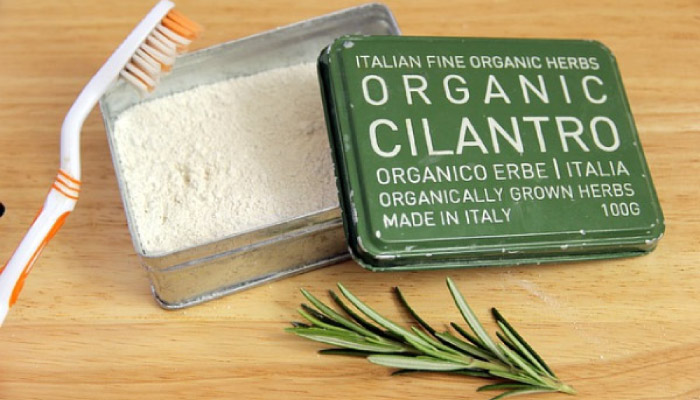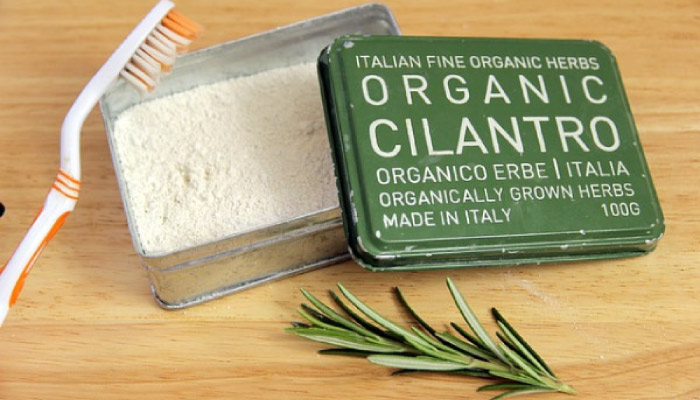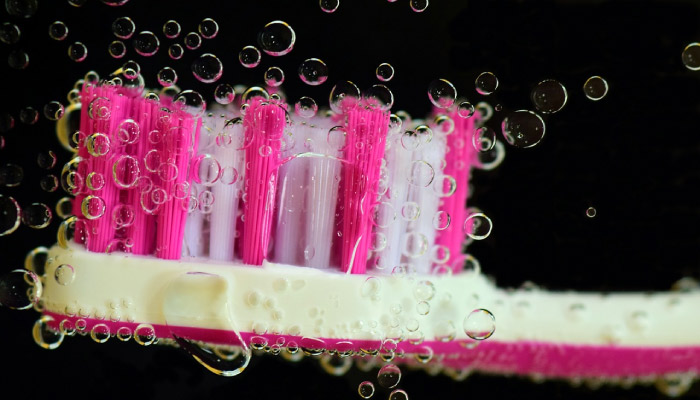Benefits of Organic Toothpaste
Organic products are the fastest growing sector of the U.S. food industry, according to the Organic Trade Association. The evidence can be seen in any grocery store, where there’s a constantly growing number of products labeled “natural” and “organic.” And that includes non-food products like cosmetics and personal care products. In this article, we will focus on organic toothpaste and the benefits of using it.
What Is Organic?
The words “natural” and “organic” are often used interchangeably, but they’re not the same thing. In the United States, the term “natural” has no official definition, and its commercial use is unregulated. The term “organic” is regulated by United States Department of Agriculture through its National Organic Program (NOP), and is applied specifically to agricultural products. Products that are certified organic by the USDA receive a special “USDA Organic” seal of approval.

Toothpaste can be certified organic under certain conditions. As the USDA explains: “If a cosmetic, body care product, or personal care product contains or is made up of agricultural ingredients, and can meet the USDA/NOP organic production, handling, processing and labeling standards, it may be eligible to be certified under the NOP regulations.”
However, the USDA also notes: “Cosmetics, body care products, and personal care products may be certified to other, private standards and be marketed to those private standards in the United States. These standards might include foreign organic standards, eco-labels, earth friendly, etc. USDA’s NOP does not regulate these labels at this time.”
As a result, some toothpaste brands that are marketed as organic have the “USDA Organic” seal, and some don’t.
Why Choose Organic Toothpaste?
Regardless of the official designation, many consumers want toothpaste that is free of artificial additives, flavors, and colors. Many consumers also want to avoid the chemical ingredients in traditional toothpaste, such as fluoride, sodium lauryl sulfate, and triclosan. In addition, ethical concerns often play a role. For example, the development of some toothpastes involves animal testing, which is opposed by many consumers.
Does “Organic” Toothpaste Actually Work?
Proponents of organic toothpaste point out that toothbrushes do most of the teeth cleaning, and that the purpose of toothpaste is to kill bacteria and freshen breath. They argue that organic toothpaste ingredients such as herbs and essential oils have antibacterial properties in addition to being minty fresh.
If you’re uncertain about which organic toothpaste to choose, look for the American Dental Association seal of approval, which indicates that the product has been tested and approved by dentists.
Our team can answer any other toothpaste-related questions you may have. If you’re past due for a checkup, contact our office and set up an appointment today. We look forward to seeing you!






